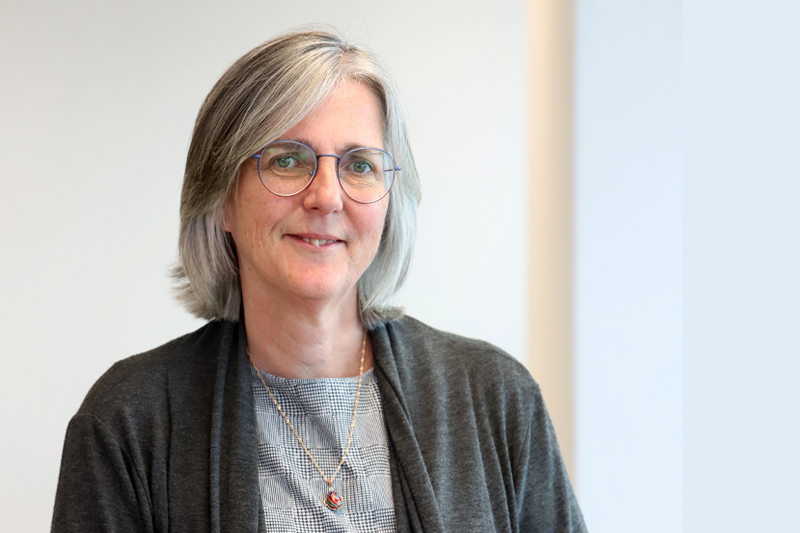UCT’s commitment to broaden research assessment
20 November 2020 | Professor Sue Harrison
Dear colleagues
The landscape of research and norms of research practice are changing. As we expand our links across Africa, deepen international research collaborations and diversify our research funding income, we are made increasingly aware of new norms, both required and emerging. An important set of new norms is grouped under the umbrella of open science. Open science speaks directly to the values the University of Cape Town (UCT) strives to achieve in excellence, transformation and sustainability: addressing maximised inclusivity, equitable partnerships, transparency in decision-making and sharing of publicly funded science as a public good.
The open science ecosystem is well developed at UCT, including policy, infrastructure and services to support the new norms of research. We are transforming our research practice by implementing open access to publications, data sharing for effective reuse by others, open notebooks, shared workflows and open code. All of these call for revising and refining our approach to research assessment to align what is being measured with our vision and goals.
Major funding organisations also recognise the value of open science and support it as the new norm, seeking also to improve their return on investment. Some, including the Wellcome Trust in the United Kingdom, request that research products – such as knowledge and inventions – resulting from their funding are shared and applied in ways that maximise benefit to society. Wellcome-funded institutions, such as UCT, are requested to commit publicly to the principle of assessing research outputs by considering the intrinsic merit of the work and its impact, not only the title of the journal or publisher, such as promoted, inter alia, by the San Francisco Declaration on Research Assessment (DORA), the Leiden Manifesto for Research Metrics and the Hong Kong Principles, with a specific focus on the need to recognise and reward behaviours that strengthen research integrity.
UCT’s commitment
Inspired by conversations, both internally and externally, around broadening our own definitions of excellence, we are proud to make such a commitment. We acknowledge the value of research impact narratives that articulate meaningful contributions to science (both human and natural) – contributions that demonstrate public participation and reflect real-world change in our society.
The advantage of broadening our assessment of research impact is strongly motivated in the South African context of social justice. It resonates well with our Vision 2030, focused on “unleashing human potential for a fair and just society”. The need to revise our research evaluation processes is part of our personal accountability to prioritise equity, diversity and transformation, and this does not happen without serious intent and structural support. Our support for the DORA principles is the first step on a path to guide institutional change.
Comprehensive guidelines and associated resources will be made available to support faculties in improving their policies and individual researchers in thinking about the impact of their research more holistically to improve their practices.
I am counting on your support in this, both as part of a developing international framework and, most importantly, of building our Vision 2030. I look forward to working with you to increase the implementation of open science at UCT, with its associated valuing of diverse research outputs and the impact of our findings.
Warm regards
Professor Sue Harrison
Deputy Vice-Chancellor: Research and Internationalisation
Read previous communications:
 This work is licensed under a Creative Commons Attribution-NoDerivatives 4.0 International License.
This work is licensed under a Creative Commons Attribution-NoDerivatives 4.0 International License.
Please view the republishing articles page for more information.








